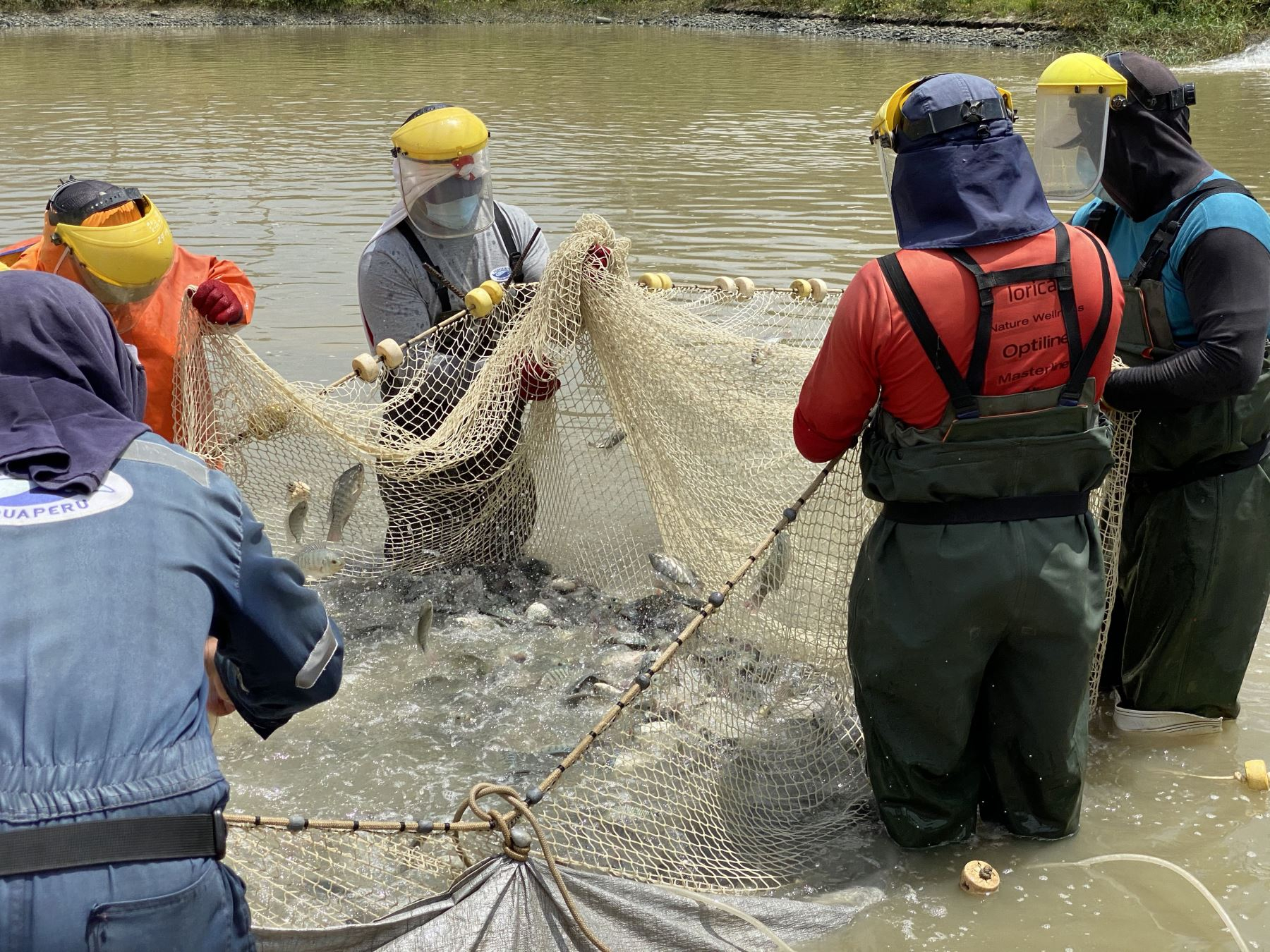
The purpose of the standard is to increase the competitiveness, investment and technological innovation of the aquaculture activity.
The Ministry of Production (Produce) formalized the National Aquaculture Policy by 2030, with the aim of increasing the competitiveness, investment and technological innovation of aquaculture activity in Peru.
In accordance with Supreme Decree No. 001-2023-PRODUCE, published this Thursday, January 26 in El Peruano, the National Aquaculture Policy to 2030 It is mandatory and applies to public administration entities at all levels of government and within the framework of their powers.
In the case of the companies that make up the business activity of the State, its usefulness is given only in that which is applicable to it.
The norm also indicates that the rectory of the National Aquaculture Policy to 2030 is in charge of Ministry of Production (Produce)which has the powers of conduction, coordination, regulation, supervision and evaluation with respect to public entities at the national and regional level with responsibility for the provision of services and operational activities.
Objectives of the National Aquaculture Policy for 2030
The National Aquaculture Policy to 2030 have five priority objectives which are listed below:
– Strengthen public management for the development of the competitiveness of the aquaculture value chain.
– Increase capacity in research, development and innovation (R+D+I).
– Increase investment in enabling factors in the value chain of the aquaculture sector.
– Consolidate the participation of aquaculture companies in the market.
– Strengthen the sustainability of aquaculture.
The legal provision also indicates that the National Aquaculture Policy to 2030 it is implemented through different plans of the National Strategic Planning System, with the participation of the entities involved. In addition, it establishes that the Ministry of Production, through the Vice Ministerial Office of Fisheries and Aquaculture, articulates its guidelines and carries out the monitoring and evaluation of these in accordance with the indications of the National Center for Strategic Planning (Ceplan).
On the other hand, it is known that said policy is financed from the institutional budget of the entities involved, without requiring additional resources from the Public Treasury. Its validity is until December 31 of that year.
Source: Larepublica
Alia is a professional author and journalist, working at 247 news agency. She writes on various topics from economy news to general interest pieces, providing readers with relevant and informative content. With years of experience, she brings a unique perspective and in-depth analysis to her work.











